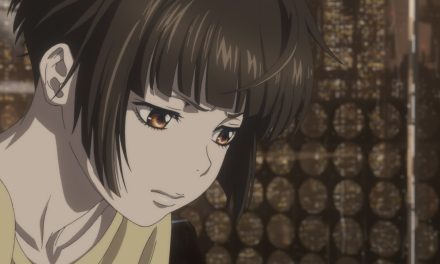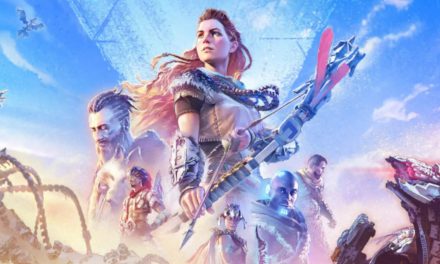
-SPOILERS AHEAD FOR STAR WARS: THE RISE OF SKYWALKER-
Rey‘s father being a failed clone (and nothing about her mother being Sheev Palpatine’s daughter and presumably not Force-sensitive) is revealed the novelization of The Rise of Skywalker. It preserves the emphasis in the saga that you can be a “nobody” but be Force-sensitive.
Kylo Ren tells Rey in the film version of The Rise of Skywalker that Palpatine is Rey’s grandfather. That seemingly explained why Rey was (very) Force-sensitive: she inherited it from the Dark Lord of the Sith.
But then the novelization of revealed what it did about Rey’s father, aside from Palpatine being a clone.
So Rey Didn’t Inherit Any Force Abilities
This continues an emphasis in Star Wars in the last few years of people not needing to be Force-sensitive by blood, where anyone could be Force-sensitive – a democratization of the Force.
This emphasis was especially marked by Star Wars: The Last Jedi ending with a slave boy using the Force to grab a broom to continue his slave work.
It may even be a shift given that the previous focus in Star Wars has been on the Skywalker line, the stories of father and son Anakin and Luke Skywalker, with their Force powers.
It’s true that Anakin was not powerful in the Force because of blood, but that was a whole other enchilada – an “Immaculate Conception”, Star Wars style.
This new emphasis is good. It’s important to teach children that anyone can be special and that your last name doesn’t determine your abilities. It’s important to teach children that you can make your life incredible regardless of your family line.
Further, the democratization of most things is good. It’s important to decentralize power. In politics, it’s important to give power to the people to preserve freedom from government oppression. In business, it’s important so that employees are not exploited by their employers, like corporations. Regarding the Force, it’s to teach those lessons – lessons of inclusivity and self-determination.





